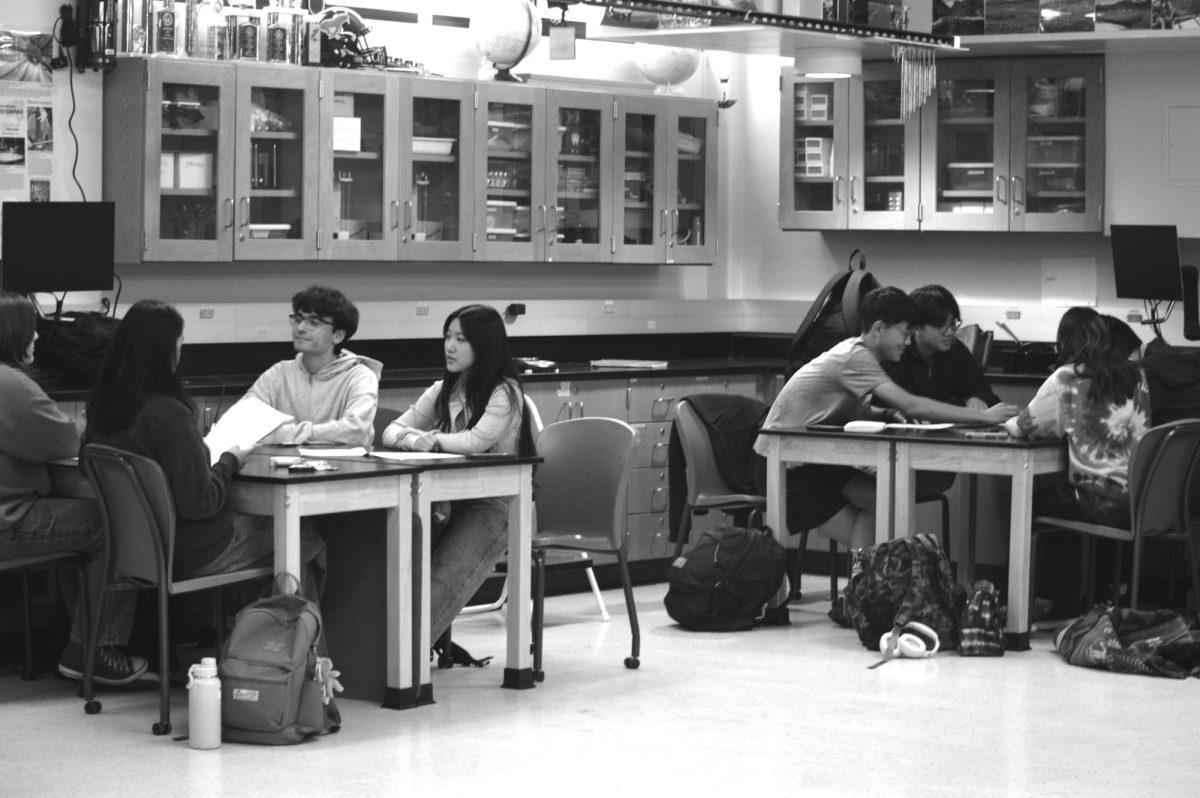Two extra hours for sleep or homework in the morning can sound like heaven. However, the conflicts the newly implemented Late Start days creates may, to some, outweigh the positive qualities of school starting two hours later.
Creating this feature in schools was a fairly long process, and Superintendent Keith Marty told what allowed for this change to happen.
“The decision to have Late Start days was presented to our board of education last fall as part of approving the 2012-2013 school year calendar. The Professional Learning Community initiative is a goal in Project Parkway, [it is] the district’s strategic plan,” Marty said.
The PLC and late start system is not new to schools. It has proven successful in Parkway schools as well as schools in other states.
“Nationally, students in school districts that have implemented PLCs have experienced tremendous academic growth. Parkway South High School piloted PLCs with strong gains in academic performance,” Marty said.
The implemented Late Start days as part of the PLC program will give teachers more time to plan lessons and meet. Superintendent Marty gave some specific changes that will allow teachers to spark the expected academic growth for students.
“Small teams of teachers set aside a few hours each month [in addition to their regular meetings and planning time] to study data about student academic performance in their curricular area and share successful instructional practices with one another,” Marty said.
While this system is meant to benefit students, some do not view it as a total gain. Senior Alex Chauncey believes Early Release days prove to be more beneficial than Late Start days.
“I’d rather have relaxing time [with more early releases] and time to get lunch or have lunch at home,” Chauncey said.
Whether school gets out earlier or starts later, the change means fewer academic labs as well as little to no Fridays off of school. While this may dismay some students, other students have a more positive, optimistic view. Junior Megan Schwander noted a benefit from the late start days.
“I would sacrifice Ac Lab and Fridays off because it means I can get more sleep on more days of the year,” Schwander said.
According to the 2010 Parkway Start Time and Length of School Day Task Force Report, a smaller percentage of students in other states who had later start time came to school with less than 7 hours of sleep. The two additional hours in the morning could give students an opportunity to get a bit more sleep.
Another issue to consider in relation to Late Start days is transportation, traffic, and commute time. Parkway Director of Transportation Will Rosa does not see traffic becoming a problem with Late Start Days.
“I would anticipate more commuter traffic between 8:15 a.m. and 9:30 a.m. than between 6:15 a.m. and 7:15 a.m. Will it be enough to disrupt our ability to provide timely transportation? My gut tells me no,” Rosa said.
While most students did not report any major issues with traffic during their commute to school, some teachers encountered challenges of getting to Central on time.
Teachers whose PLC meetings were held in a different building in the district found that the allotted travel time between their meeting and the 9:35 start wasn’t sufficient with the mid-morning traffic.
“I am a department leader, so I got to choose where to go,” special education teacher Mr. Tony Lasley said. “For members of my group [that came to Central], they needed to drive back to their respective schools.”



